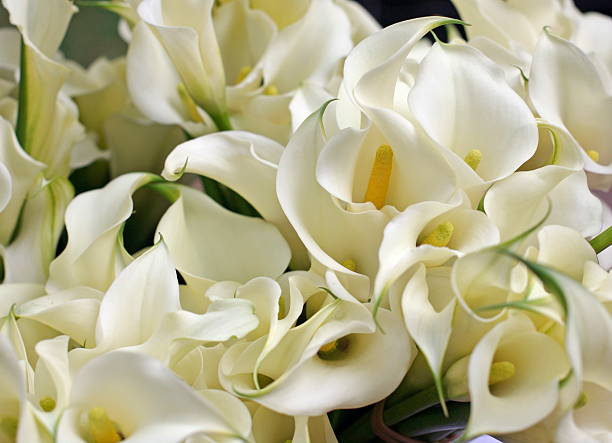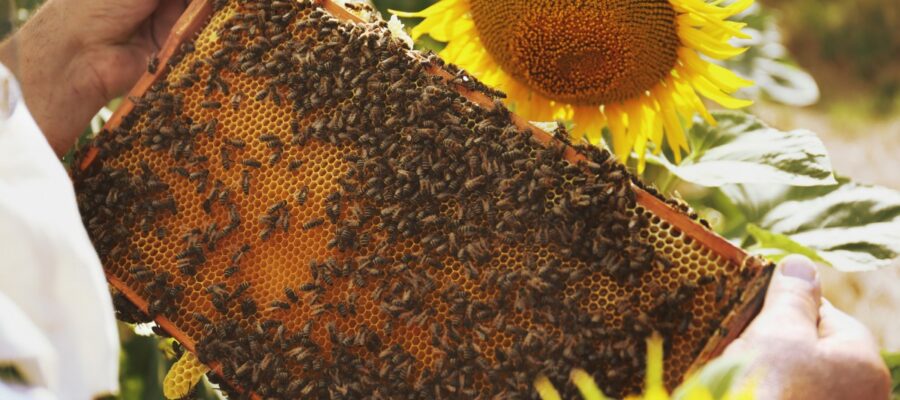API play a fundamental role in pollination, a vital process for the reproduction of plants.
Although they are small insects, their contribution is immeasurable and essential for the conservation of life on the planet. In this article, we will explore the importance of bees for pollination and impacts that their absence could have on the ecosystem.
We go to this fascinating world and understand how we can contribute to the protection of these precious insects.
Importance of bees for pollination
What is pollination and how are bees involved?
Pollination is the process of transfer of pollen from male parts to female parts of the flowers. This process is essential for the formation of fruit and seeds, ensuring the reproduction of plants.
The bees play a primary role in this process, because when they visit flowers in search of nectar and pollen, they end up transporting pollen from one flower to another.
Diversity and efficiency of bees in pollination:
There are about 20,000 species of bees worldwide, each with its own food preferences and pollination skills.
Some bees are experts and visit only one type of flower, while others are generalists and visit a wide range of flowers.
This diversity of bees contributes to a more efficient image, ensuring the reproduction of different plants.
Economic and food impact:
Bees have a significant impact on agriculture, being responsible for pollution of many cultures of economic importance, such as fruit, vegetables and oil seeds.
It is estimated that over 75% of the main food crops in the world depend, in a certain sense, on the pollination made by the bees.
The absence of these pollinators could lead to a drastic reduction in food production, which affects the entire food chain.
Biodiversity and conservation:
In addition to their economic importance, bees are also fundamental for the maintenance of biodiversity.
When they pollute wild plants, they contribute to the conservation of ecosystems and natural habitats.
Without the action of bees, many species of plants and animals would be at risk of extinction, compromising the biological diversity of the planet.
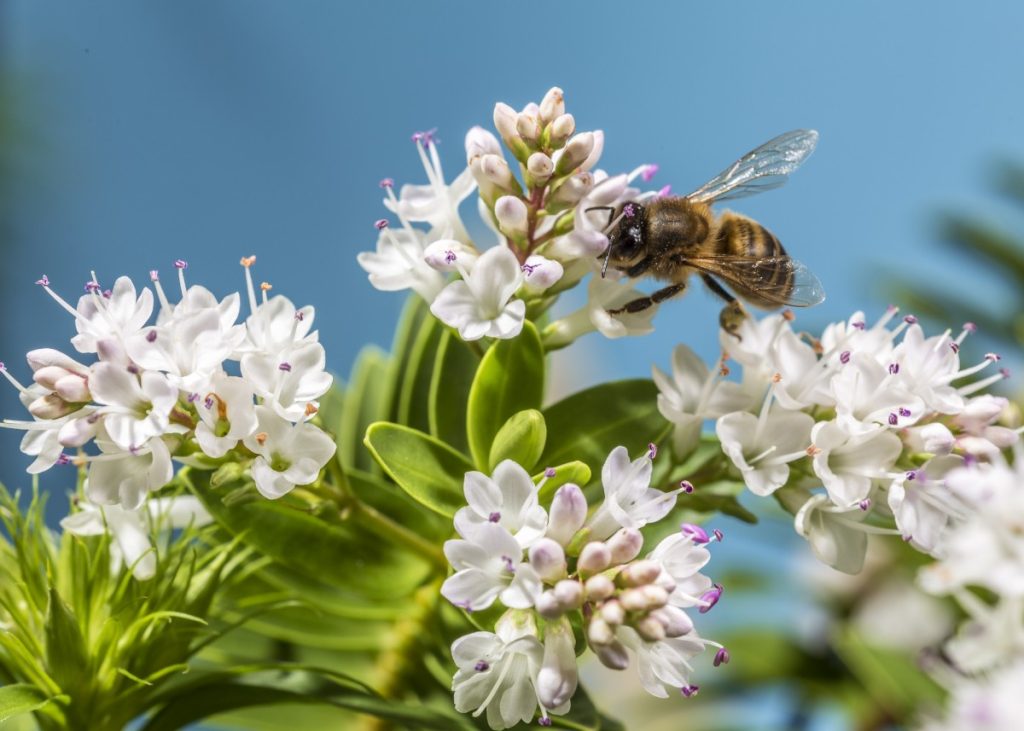
Threats to bees and the importance of conservation:
Unfortunately, bees face various threats all over the world, including the indiscriminate use of pesticides, the loss of habitats, environmental degradation and climate change.
These factors contribute to the decline of bees populations in various regions. The conservation of bees therefore becomes an urgent question that requires collective action.
How we can help protect bees:
There are different measures that we can take to protect bees and preserve their importance in pollination.
Some actions include:
- Plant flowers and native vegetation in gardens and public spaces to supply food and shelter to bees.
- Avoid the use of chemical pesticides and opt for more control methods of natural parasites.
- Support local beekeepers by purchasing the honey produced in a sustainable way.
- Educate and lift other people on the importance of bees and their conservation.
Conclusion: The bees play a crucial role in the pollination and conservation of life on the planet.
Its economic, food and ecological importance is undeniable. The protection of bees is essential to ensure the continuity of the ecosystem services they provide.
Each of us has a role to play in preserving bees and together we can guarantee a more sustainable and balanced future for all living beings on our planet.
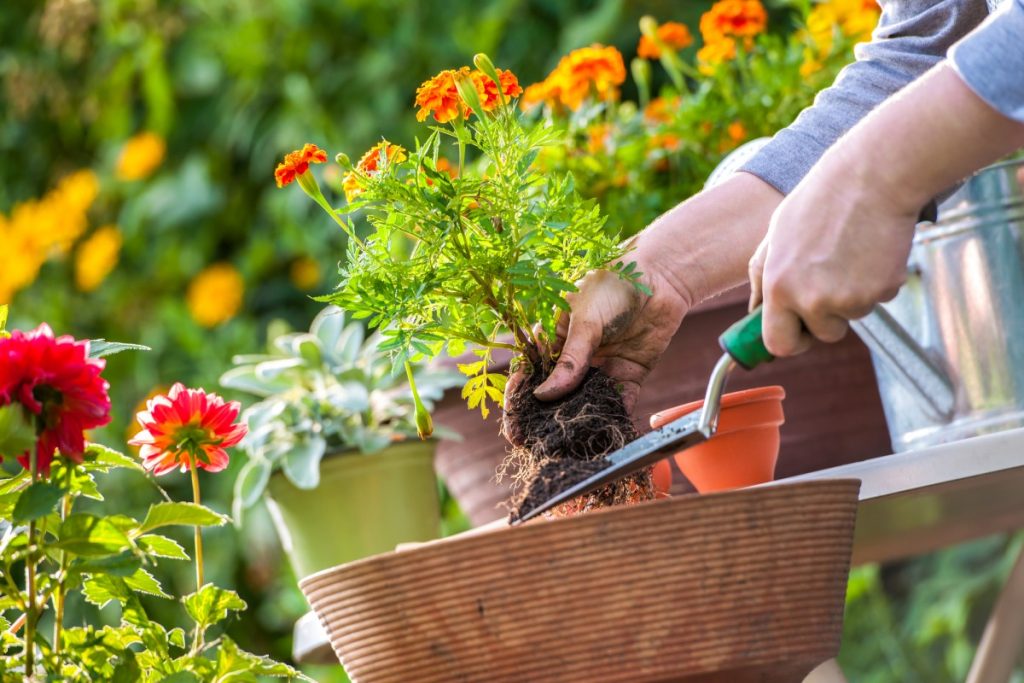
The importance of bees in the dispersion of seeds: to contribute to biodiversity
The bees play a crucial role not only in the pollination, but also in the dispersion of the seeds.
While visiting the flowers looking for nectar and pollen, these insects play a key role in transporting small seeds to their body and hair.
Below we will explore the importance of bees in the dispersion of the seeds and the benefits that this process brings to biodiversity and survival of plants.
1 – the process of dispersion of the seeds by the bees – During their visits to flowers, bees can accidentally collect small seeds and adhering to the body and hair.
While moving from a flower in bloom, these seeds melt and fall into the ground or in other places that lead to germination.
This dispersion is essential for the propagation of plants, colonize new areas and guaranteeing their survival.
2 – The diversity of plants benefited from the dispersion of seeds by the bees – The bees are generalist pollinators and visit a wide variety of flowers. This means that they can disperse seeds of different plant species, contributing to the diversity of plants in natural ecosystems.
The more variety of plants has an area, the greater the diversity of animals and the stability of the ecosystem as a whole.
3 – ecological importance of the dispersion of seeds by bees – The dispersion of seeds performed by bees is essential for the natural regeneration of ecosystems.
By bringing the seeds to new areas, bees help in the colonization of disturbed or degraded areas, contributing to the restoration of vegetation.
In addition, the dispersion of bees seeds also helps in the recovery of forest areas after fires or other natural events.
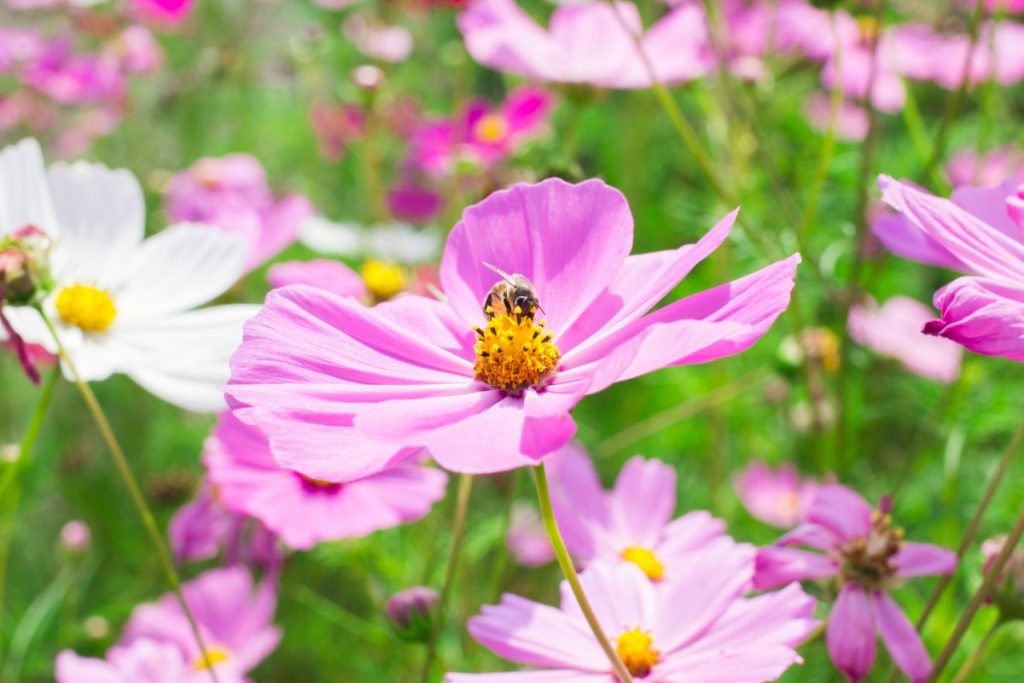
4 – Advantages for biodiversity and health of ecosystems – The dispersion of seeds by bees contributes directly to biodiversity as it promotes the distribution of different plant species.
This translates into a greater variety of habitats and resources available for other organisms, such as birds, mammals and insects.
In addition, the diversity of plants increases the stability of the ecosystem and improves their resilience in the face of environmental changes.
5 – Threats to the dispersion of seeds from bees – Unfortunately, bees and their role in seed dispersion are facing significant threats.
The loss of natural habitats, environmental degradation, the use of pesticides and climate change negatively influence bee populations and their ability to disperse seeds.
The protection of bees and the conservation of their habitats are essential to guarantee the continuity of this vital process for biodiversity.
API play an important role in the dispersion of seeds, contributing to the natural regeneration of ecosystems and the diversity of plants.
In addition to its pollination function, its ability to transport seeds adhering to the body is essential for the survival of many plant species.
The protection of bees and the conservation of their habitats are fundamental to guarantee the continuity of this process and the maintenance of biodiversity and the health of ecosystems.
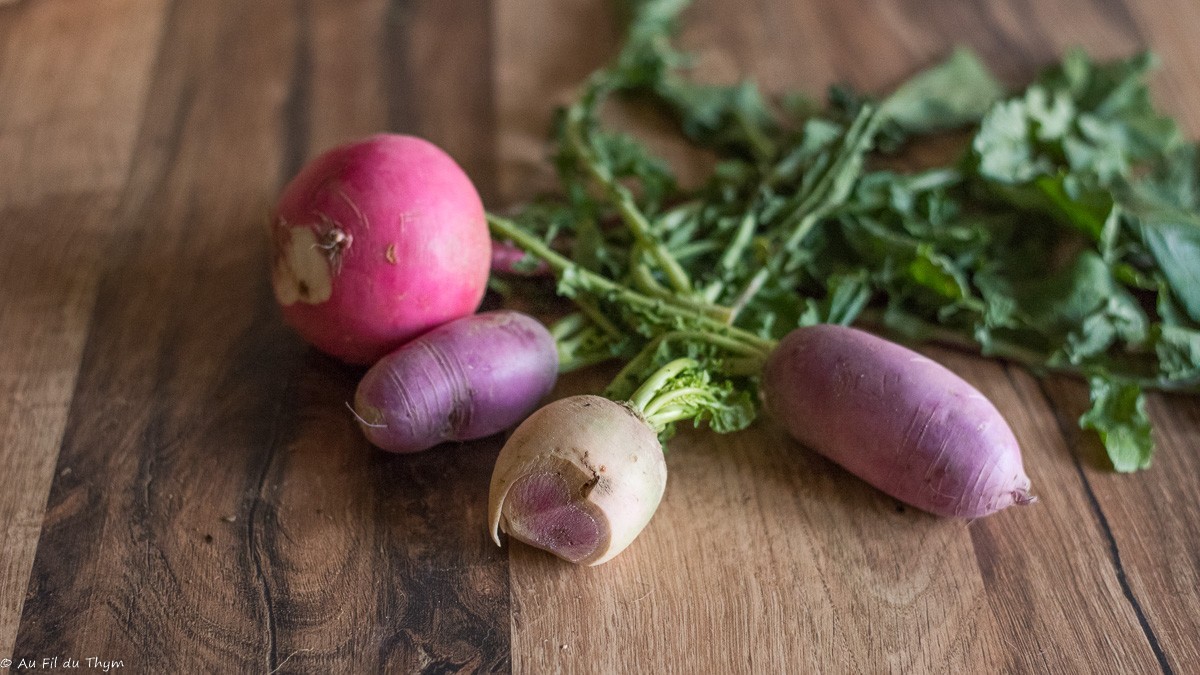
How to cook winter radishes?
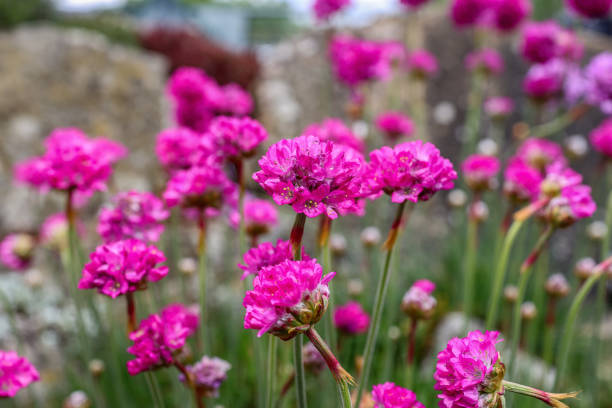
FLOWER CLOVE-MARITIMA ARMERIA: Cultivation and care
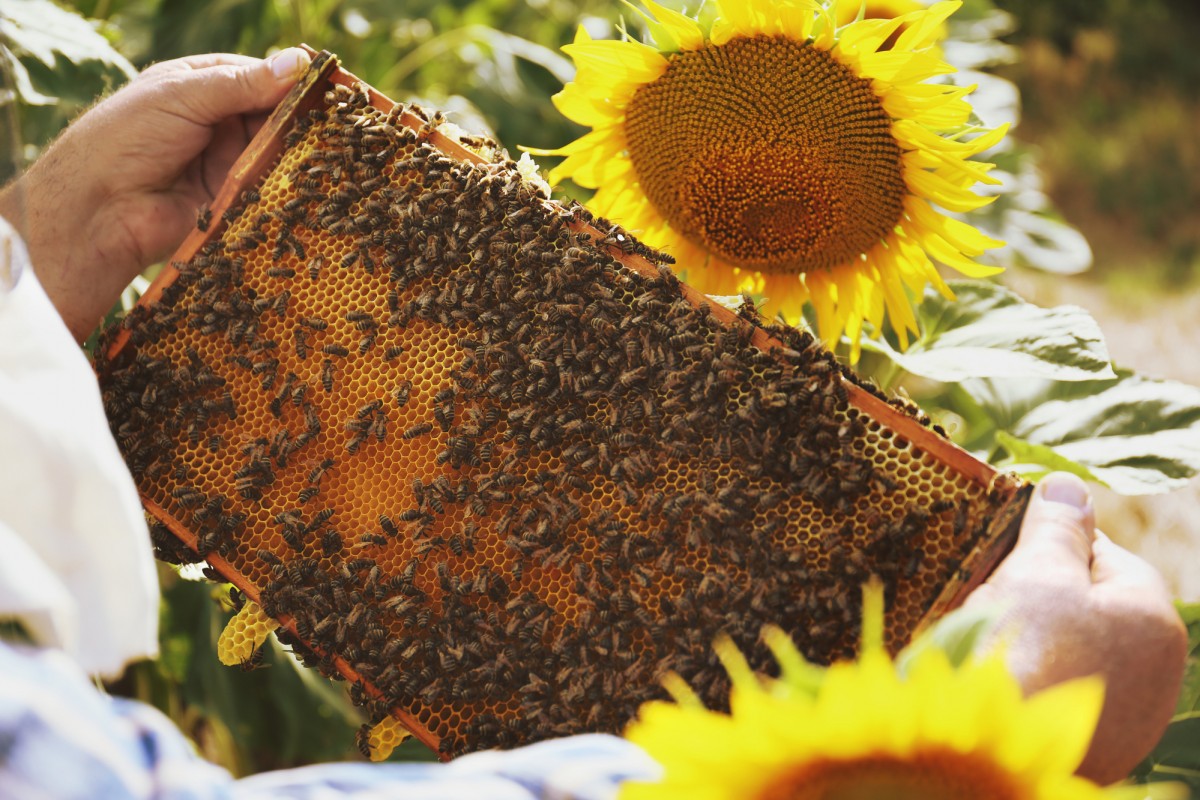
The importance of bees for pollination
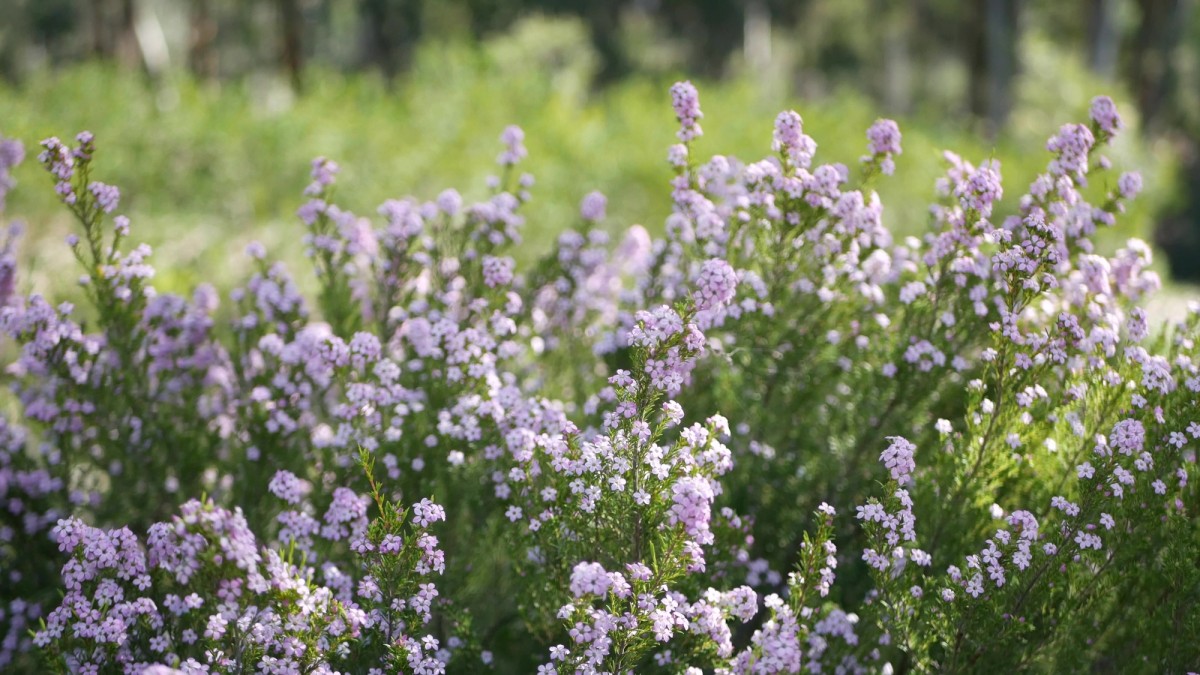
The final guide on how to plant, take care and discover the origin of Coleonema

The wisdom of the garden: the influence of popular proverbs on the plantation and the care of natural flowers

Let's discover the rose and its secrets: the May plant
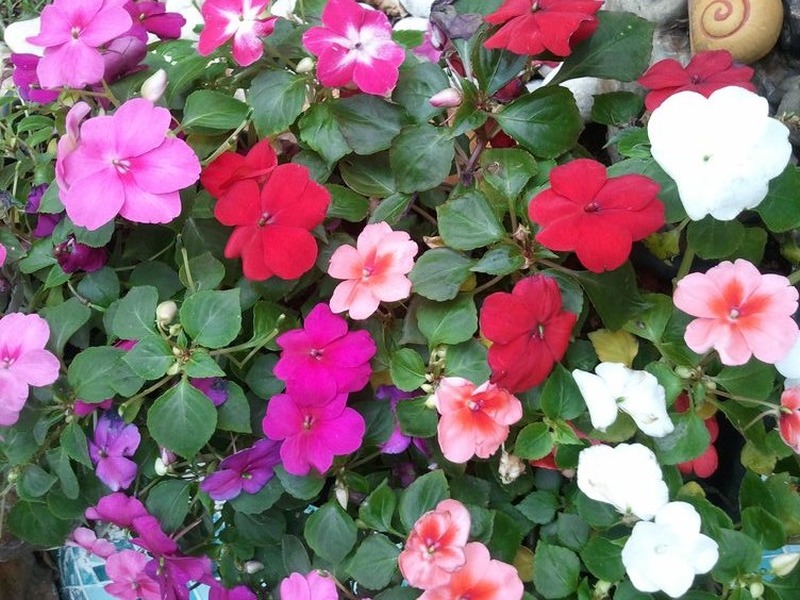
Friar Kiss – Balsamin Family
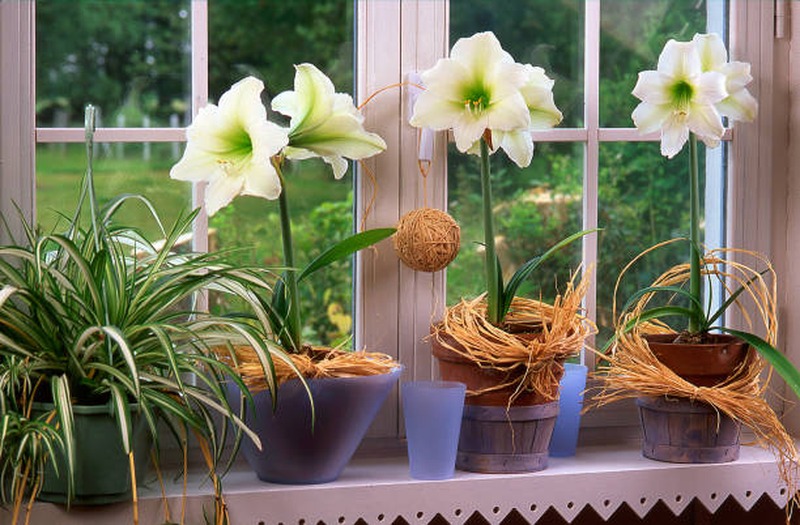
Amarilis – Learn to take care (Hippeastrum Hybridum)
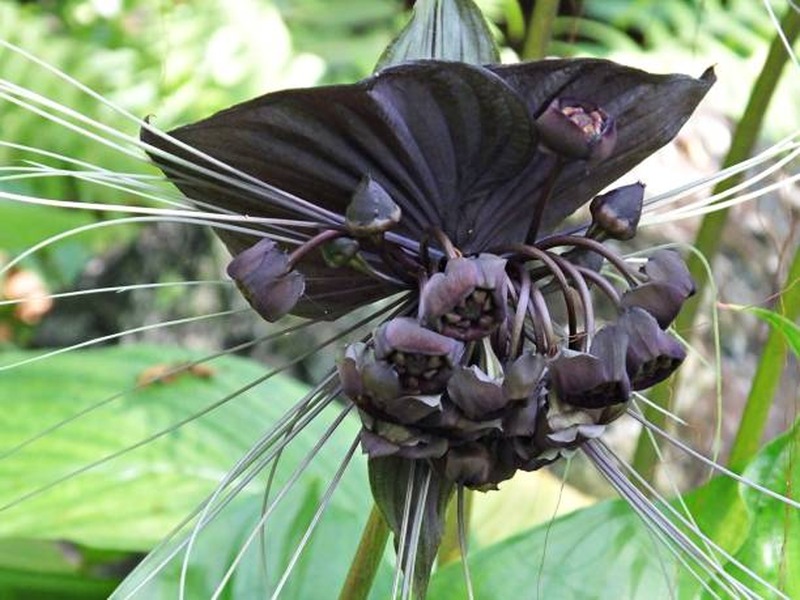
CHANTRIERI NOC – The bat flower has flowers resemble the bats
